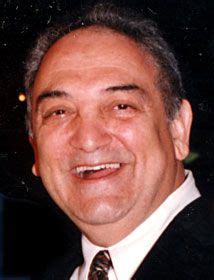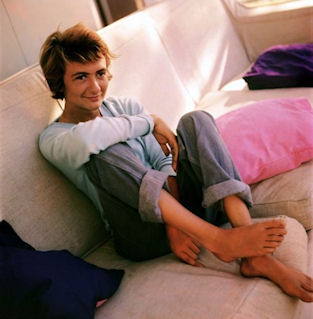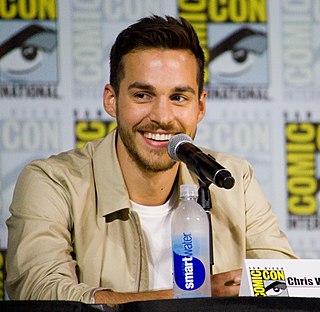A Quote by Garth Greenwell
My life has had a lot of fits and starts: before I studied literature at all I was a musician, and began undergrad as a conservatory student. I started studying literature in my third year of college, when I took a poetry course with James Longenbach that was pretty extraordinary. It changed my life.
Related Quotes
When I started to take literature and poetry classes, I just started to get inspired by these new incredible works of art that I had never seen or heard of before. I wrote a lot of bad high-school poetry, just like pretty much everyone did, I think, at some point. For me, the inspiration never really stopped.
I got to college in '99, and I went to study literature and writing, and so within a couple years we had Bush elected, 9/11, we were at war, so I was sort of having my political and spiritual awakening at the same time I was becoming an adult, and that's a lot of stuff at once. I became very focused on the state of the world, and I started studying that stuff more, and I just had a real identity crisis. I couldn't even really just study literature.
I studied English Literature. I wasn’t a very good student, but one thing I did get from it, while I was making films at the same time with the college film society, was that I started thinking about the narrative freedoms that authors had enjoyed for centuries and it seemed to me that filmmakers should enjoy those freedoms as well.
LeBron james came, and he gets $10 million a year. There was no stigma or blemish, like you have with one-and-done. Now people say, "He's not a student, he's an athlete." Well, of course he's not a student! He's here for one year and he told you he's here for one year, and the school took him with open arms.
One of the great events in my life was my first meeting with Edison. This wonderful man, who had received no scientific training, yet had accomplished so much, filled me with amazement. I felt that the time I had spent studying languages, literature and art was wasted; though later, of course, I learned this was not so.
Christ and the life of Christ is at this moment inspiring the literature of the world as never before, and raising it up a witness against waste and want and war. It may confess Him, as in Tolstoi's work it does, or it may deny Him, but it cannot exclude Him; and in the degree that it ignores His spirit, modern literature is artistically inferior. In other words, all good literature is now Christmas literature.







































